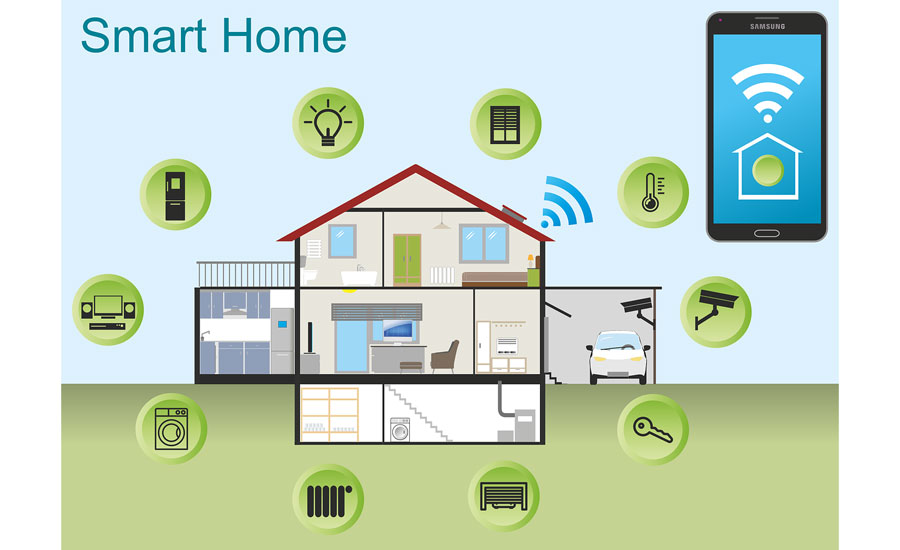Optimizing Convenience And Financial Savings - Tips For Optimizing Your Heatpump Performance
Optimizing Convenience And Financial Savings - Tips For Optimizing Your Heatpump Performance
Blog Article
Article By-Sutton Muir
Whether you possess a heatpump or have an existing boiler back up, there are a couple of points that can be done to maximize your system for efficient operation. By following these ideas, you can make the most of convenience and savings without straining your system or acquiring power expenses.
Adjusting your thermostat for performance is one of the primary steps. Making use of zoning capacities to restrict home heating of empty rooms is another reliable technique.
1. Establish Your Thermostat to the Right Temperature
As the periods change, balancing convenience and expense efficiency can be a challenge. The good news is, a couple of basic tips can help you reduce power consumption and make best use of cost savings.
Begin by figuring out the most effective temperature level for your family members, after that establish your thermostat accordingly. Prevent making huge jumps up and down in the temperature level setup, as this will certainly cause your heatpump to cycle on and off extra frequently, using up extra power.
Rather, progressively lower the temperature at night for an extra comfortable sleeping setting. After that, raise it slightly in the morning. More Information and facts in mind to maintain air vents open and directed downward when heating, and up when cooling down to enhance flow.
2. Examine Your Unit On A Regular Basis
A heat pump system needs very little upkeep, but it's important to check the device routinely to catch any type of issues before they end up being severe. Tidy indoor filters on a routine set by the supplier or when they're noticeably dirty, and see to it exterior systems have at the very least 2 feet of clearance to permit airflow.
Inspecting the unit will additionally include cleaning, tightening up electrical terminals, and running performance tests to make sure precision throughout home heating and cooling down settings. It's advised to have a specialist service the heat pump twice a year. Performing these regular services can make the most of energy financial savings and lengthen the life of the device.
3. Clear Snow and Ice Around the Device
Heat pumps are made to run outdoors and require to be free of snow and ice in order to circulate air. If your heat pump is blocked by snow and can not reel in air, it will toggle between cooling and heating and may overwork.
It is essential to clear a two-foot clearance around your outside system in order to boost air movement and avoid ice build-up. Heatpump commonly enter a defrost setting in the winter to melt ice and snow but this procedure can be problematic if your system is obstructed by too much snow. This will reduce your power performance and cause expensive repair work expenses in the future.
4. Evaluate the Cooling Agent Levels
A heatpump uses cooling agent to cool your home in summertime and warm it in winter. You can aid maximize its performance by routinely examining the refrigerant degrees.
It takes a lot more power to alter the temperature level of your heatpump from a comfortable readying to a cooler one than it does to preserve that temperature. Altering the temperature level for short amount of times can likewise throw away energy.
Dripping air ducts and unclean air filters can result in irregular temperatures. https://www.lansingstatejournal.com/story/marketplace/real-estate/2021/04/23/7-home-maintenance-projects-you-should-not-neglect/7348930002/ can additionally make your heatpump much less effective and cost more to run. A professional can find and fix these problems to boost your heat pump's efficiency.
5. Maximize Your Zoning Capabilities
Making use of the zoning abilities of a heat pump can aid to reduce power waste by heating only busy areas. This not just decreases power usage but also minimizes operating costs and prolongs the life of the system.
The Build Balanced Areas tool utilizes a hereditary formula to develop areas that satisfy required area structure standards. These criteria consist of equal area, density, and equivalent number of attributes.
Additionally, by using clever thermostat innovation to enhance the temperature settings based upon occupancy patterns and scheduling, you can even more enhance your heatpump's effectiveness. Keeping a tidy air filter, making sure proper insulation and having your ductwork reviewed for effectiveness can all add to boosted power savings as well.
6. Shielding the Outdoor Device
Property owners commonly ask whether it's worthwhile to plant shade trees near their exterior ac unit (A/C) system. The answer is generally yes, as shading the air conditioner system can help reduce warmth from the sun, which in turn aids it cool down much more effectively.
Nevertheless, it is essential to keep in mind that shielding the a/c system does not always cut energy intake. As clarified in the Conversation area of the FSEC report, the temperature of the surrounding air has a larger impact on cooling performance than does the quantity of air drew in by the air conditioning system.
If your air conditioning compressor is on the south side of your house, consider planting tall, deciduous trees with large, vast canopies. These can provide adequate shade within one year.